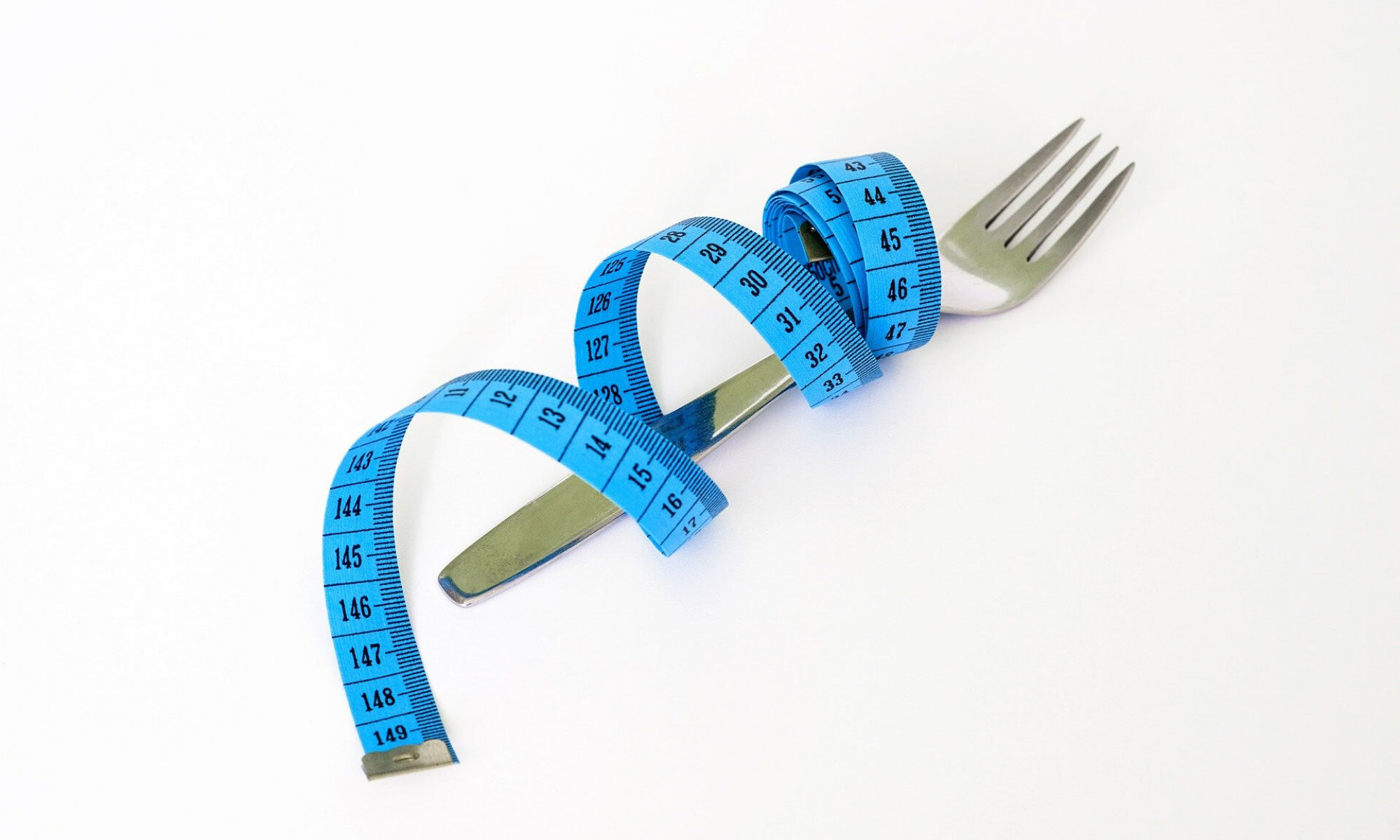Here on the Smarter Science of Slim Blog, we look to the numerous factors that affect metabolism and its functions. To cover all the ways in which metabolisms are boosted, stunted, or otherwise thrown out of sorts. Metabolism and its main life managing functions are critical, foundational for all other aspects of our health, including weight. Diabetes has a strange relationship with weight, causing unexpected weight loss as well as benefiting from healthy weight management. For many struggling to get through diabetes weight loss, there are more steps to address. Let us get into it further.
You may be wondering why we are looking at Diabetes? Weight loss or not, diabetes is itself a metabolic disorder (metabolism being the conversion of food to energy, food to building blocks and more). With that cleared up, let’s get into the topic at hand. Diabetes & weight loss, how it functions and why it’s a concern.

Why Diabetes?
Diabetes is a consuming illness. It gets its fingers into all aspects of a person’s health, and unfortunately, wreaks havoc with their natural systems. One of the first symptoms a person will experience is, even before they are aware they have the illness diabetes, weight loss at an unexpected and unplanned for rate.
Diabetes & weight loss (when unexpected or unwanted) can be dramatic and scary. A quick loss of 10 pounds might seem great to some, but when you weren’t trying for it that means something is wrong. Often because it is ‘unknown.’ Briefly, here are how that weight loss, enabled by diabetes, functions.
Diabetes, is itself a metabolic disorder, due to problems with the pancreas either not producing sufficient insulin or the cells of the body not reacting to the insulin that is produced. With insulin insufficiency, the body is unable to gain the energy from the glucose in your blood. To combat this dysfunction, the body beings to burn up fat and muscle for energy it is being denied. This, of course, drives down your weight.
If diagnosed diabetic, especially Type II, losing weight can become a challenge, but it is, in fact, one of the most important steps to take. This is because Type II is associated with obesity and lack of exercise. These two factors combine to develop the insulin resistance and dysfunction of type II diabetes mellitus. Over 90% of people with type II diabetes are also obese and this long-term obesity sees the effects of the insulin resistance being exacerbated.
When it comes to fighting obesity and achieving diabetes weight loss, follow these steps:
Restrict Calories
Dieting is the number one method to gain control of weight. Eating less than your body is used to, will see it begin to supplement the caloric requirements from elsewhere in the body, specifically fat stores. There are several factors that affect your daily requirements and your physician, diabetes educator, or a nutritionist can help you nail down exactly how much you should be taking in. A safe goal for people with type 2 diabetes is 1400 – 2000 calories per day for men, while women should shoot for 1200 – 1800.

Add Fiber
Eating fiber is especially important for diabetes weight loss. This is because of it, in addition to being a beneficial source of calories, also helps to lower the blood sugar levels. Wondering what your fiber levels should be? The Dietary Guidelines for Americans lays it out in more detail (as well as plenty more helpful info) but essentially between the ages of 31 and 50, men should be eating 31 grams of fiber while women have 25.
Eat Breakfast
Eating breakfast is key in combating diabetes. Weight loss requires that you make changes in food, cutting calories, etc. and skipping breakfast can lead to serious overeating later when the hunger is overpowering.

Micro Meals
Just as you should not skip breakfast to curb the possibility of overheating, eating smaller but more regular meals will help curb hunger. The other benefit here is that by having smaller meals you will avoid those massive blood sugar surges that accompany large meals. This makes blood glucose monitoring easier to handle.
There are many of other general guidelines to adjusting your diet that can help with diabetes, weight loss, or even weight gain if that’s your goal. Those can be found well-tread elsewhere on the internet, but these are the crucial steps for those suffering from type II diabetes who wish to still lose weight.
Diabetes weight loss is 100% possible if you stick with new habits and take care of your body!


I am trying to lose, but I a having problems balancing like fruits, and not eaing too many. I love fruit and vegetables. I am lacking in moral
support and trying to eating healthy. Any help would be appreciated.